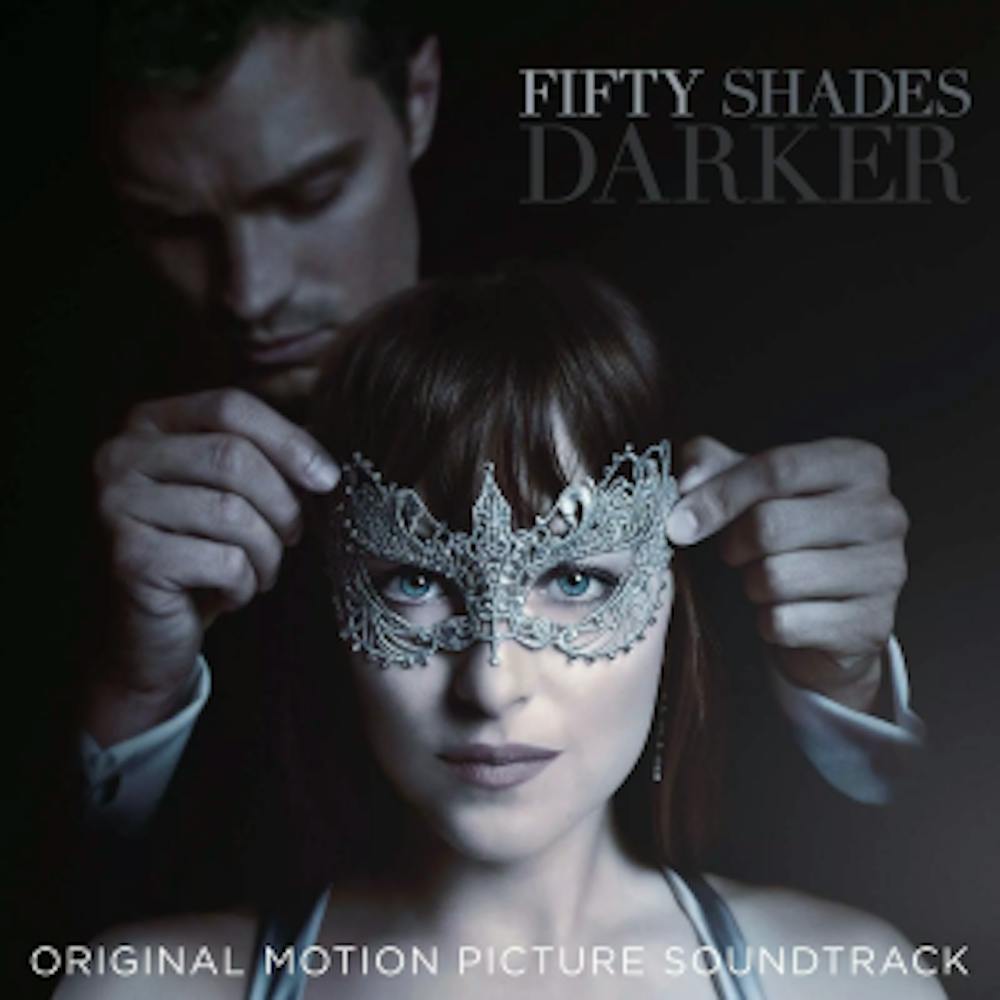The soundtrack to the first installment of the “Fifty Shades” series proved to be one of the franchise’s best contributions — shooting singer The Weeknd into superstardom and receiving acclaim for singles like Ellie Goulding’s “Love Me Like You Do.” While still offering areas for improvement, the accompanying soundtrack to sequel “Fifty Shades Darker” exceeds the standard set by its predecessor with strong songs by talented artists.
Amazing star power bolsters the album, as artists like Taylor Swift, John Legend and Tove Lo lend their voices to the best songs of the soundtrack. Swift’s involvement in the album’s lead single “I Don’t Wanna Live Forever” showcases the star diverging from her normal work. Although not perfectly successful in her attempt to be sexy, Swift’s effort to be bold and adapt for the “Fifty Shades” franchise is on full display.
Other artists stick closer to their wheelhouse. Legend’s “One Woman Man” would have a home on his most recent album release, but here, it is presented as a hot R&B feature about monogamy. Nick Jonas and Nicki Minaj in particular steal the soundtrack in their collaboration “Bom Bidi Bom.” Both artists have created careers out of their sex appeal and — as the song’s fun title suggests — relish in using said same-sex appeal for the controversial series.
It would be remiss not to mention the less-established talent whose songs provide some cohesion on the “Fifty Shades Darker” soundtrack. JRY and Rooty’s “Pray” blends soulful voice and an energetic beat to complement the more memorable offerings by Legend and Kygo. In addition, Toulouse’s “No Running From Me” works to bridge the gap between pop and jazz.
The soundtrack’s greatest weakness lies in the songs that don’t sound like they belong. For example, take José James’s “They Can’t Take That Away From Me” — which is way too schmaltzy and old-school to seriously work with the bedroom music which surrounds it. Sia’s “Helium” also sounds out of place as a lifeless, angsty tune that in no way hints towards her past success of performing more emotional songs.
But the worst offender goes to Corrine Bailey Rae’s dull, pointless cover of “The Scientist.” For a song that’s already been beaten to death, she does absolutely nothing to resuscitate it — covers have been performed better by high-schoolers on YouTube. These unwelcome inclusions clutter the “Fifty Shades Darker” soundtrack and fail to infuse it with the intended powerful emotions.
Like the movie it’s featured in, the “Fifty Shades Darker” soundtrack resembles in many ways a drunk hookup — fun, sloppy and best when it’s not handling serious romantic sentiment. However, the album’s strengths far outweigh its flaws, and it is worth returning to again and again.





